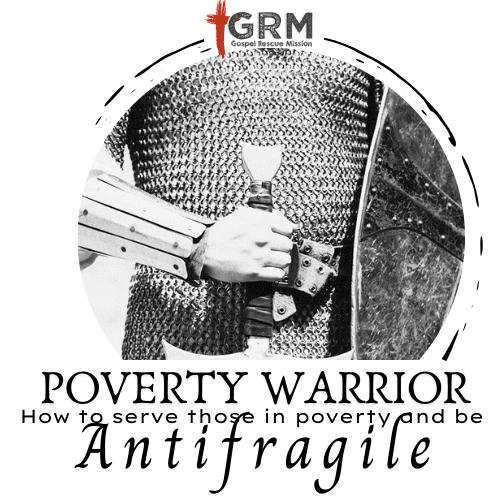Becoming a Poverty Warrior: Setting People Free from Homelessness and Poverty
In a world where economic disparities are stark and ever-present, the role of a poverty warrior is both crucial and transformative. A poverty warrior is someone who dedicates their life to combating homelessness and poverty, striving to set individuals and families free from the chains of economic hardship. This essay explores what it means to be a poverty warrior, the challenges they face, and the profound impact they have on society.
The Essence of a Poverty Warrior
At the heart of being a poverty warrior is a deep-seated commitment to social justice and human dignity. Poverty warriors are driven by a sense of compassion and empathy, recognizing that every person deserves a chance to live a life free from the struggles of poverty and homelessness. They understand that poverty is not just a lack of financial resources but a complex web of social, economic, and psychological barriers that prevent individuals from achieving their full potential1.
The Challenges of Combating Poverty and Homelessness
Poverty warriors face numerous challenges in their mission. One of the most significant obstacles is the systemic nature of poverty. Issues such as lack of affordable housing, unemployment, and inadequate access to education and healthcare are deeply entrenched in society1. These systemic issues require comprehensive and sustained efforts to address.
Moreover, poverty warriors often work in environments where resources are limited. Nonprofit organizations and community groups that focus on poverty alleviation frequently operate on tight budgets, relying heavily on donations and volunteer support. This scarcity of resources can make it difficult to provide the necessary services and support to those in need.
Another challenge is the stigma associated with poverty and homelessness. Society often views those experiencing poverty through a lens of judgment and misunderstanding. Poverty warriors must work tirelessly to change these perceptions, advocating for a more compassionate and inclusive approach to addressing these issues.
The Impact of Poverty Warriors
Despite the challenges, poverty warriors make a profound impact on the lives of individuals and communities. By providing essential services such as food, shelter, and healthcare, they offer immediate relief to those in need. However, their work goes beyond meeting basic needs. Poverty warriors also focus on long-term solutions, such as job training, education, and affordable housing initiatives, to help individuals achieve self-sufficiency2.
One of the most significant contributions of poverty warriors is their ability to foster a sense of community and belonging. Many individuals experiencing poverty and homelessness feel isolated and marginalized. Poverty warriors create supportive environments where people can connect, share their experiences, and find hope. This sense of community is vital for emotional and psychological well-being, helping individuals build the resilience needed to overcome their circumstances3.
Inspirational Stories of Poverty Warriors
Throughout history, there have been countless examples of poverty warriors who have made a lasting impact. One such example is Mother Teresa, who dedicated her life to serving the poorest of the poor in Kolkata, India. Her unwavering commitment to helping those in need earned her the Nobel Peace Prize and inspired millions around the world to take action against poverty4.
Another inspiring figure is Dr. Martin Luther King Jr., who not only fought for civil rights but also advocated for economic justice. He recognized that true equality could not be achieved without addressing the root causes of poverty. His work continues to inspire poverty warriors to this day5.
The Role of Faith and Spirituality
For many poverty warriors, faith and spirituality play a central role in their mission. Religious teachings often emphasize the importance of helping those in need and advocating for social justice. Bible verses such as Proverbs 31:8-9, which calls on believers to “speak up for those who cannot speak for themselves,” serve as a powerful reminder of the moral imperative to fight against poverty and homelessness.
Faith-based organizations are often at the forefront of poverty alleviation efforts, providing not only material support but also spiritual and emotional guidance. These organizations create a sense of purpose and community, motivating poverty warriors to continue their work even in the face of adversity.
Conclusion
Being a poverty warrior is a calling that requires immense dedication, compassion, and resilience. It involves confronting systemic issues, overcoming resource limitations, and challenging societal stigmas. Despite these challenges, poverty warriors make a significant impact by providing essential services, fostering community, and advocating for long-term solutions.
Their work is a testament to the power of compassion and the belief that every person deserves a chance to live a life free from poverty and homelessness. As we continue to face economic disparities, the role of poverty warriors remains as vital as ever, inspiring us all to take action and make a difference in the lives of those in need.


